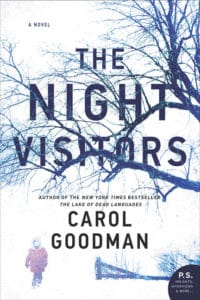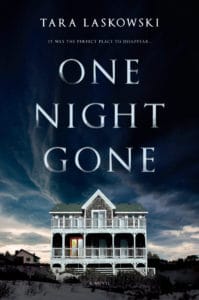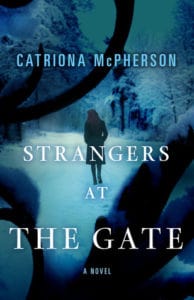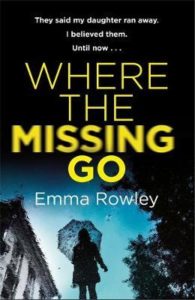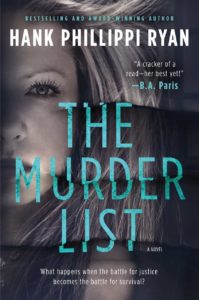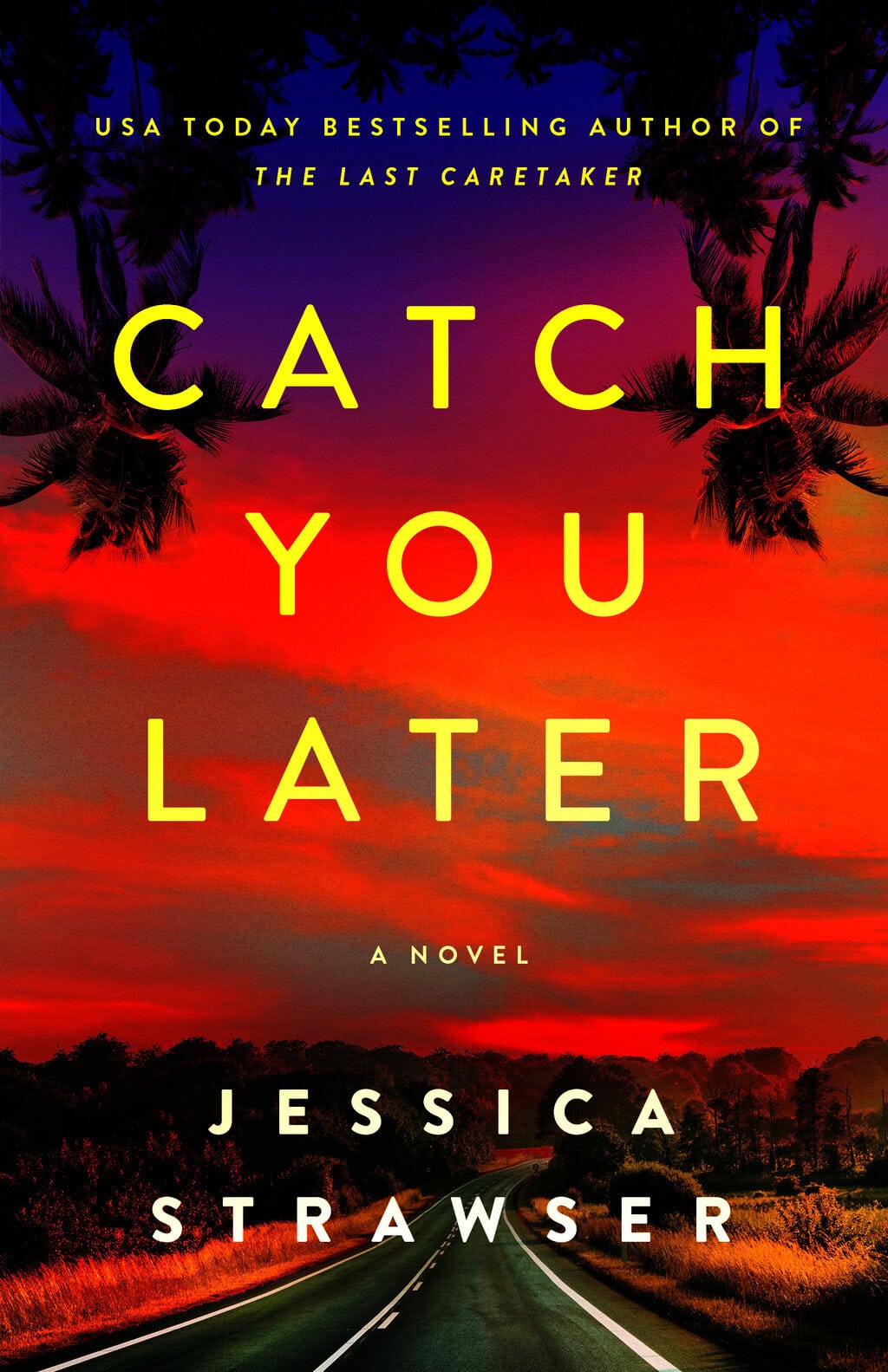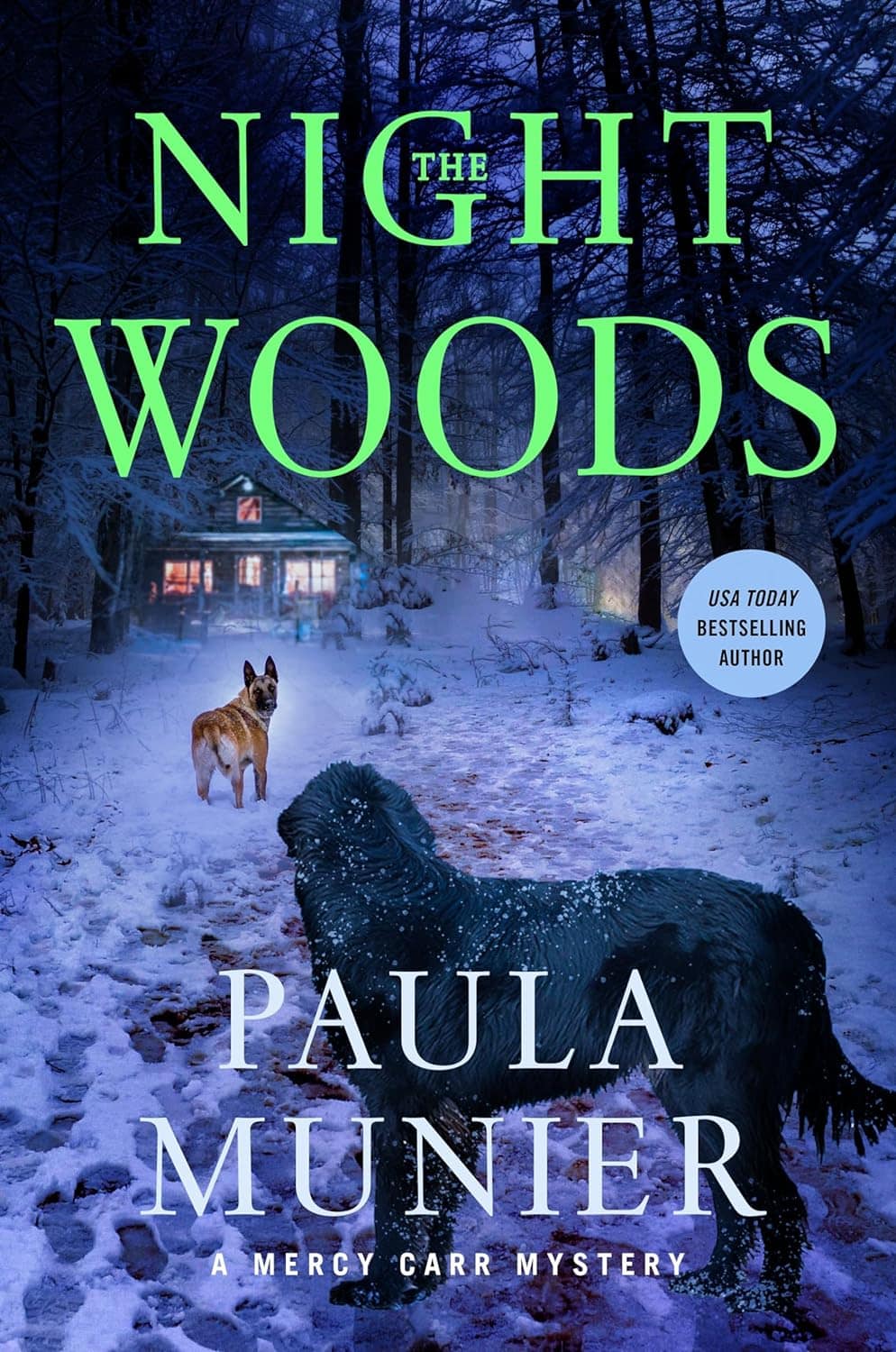Hank Phillippi Ryan: It made us all stop in our tracks—the news that Mary Higgins Clark had died. It brought tears to my eyes.
First, because she was my role model in so many ways. Personally, she was infinitely and reliable generous, and hilarious and beyond elegant. Gracious to each and every person, and she’d glide into a room, with that perfect posture, and be the center of attention–and authentically delighted.
But also—that woman could write. And she worked at it, with drive and determination. She could grab readers from line one—and then it was if the world would fall away and you were immersed in the pages.
As career authors, we’re driven to dissect that skill. How did she do it? With more than 50 books written and more than 100,000,000 sold, she understood what readers wanted—she understood it in the clearest and most perceptive (and most respectful, affectionate, and empathetic) way. And she pioneered her particular method of writing it.
Her admiring editors and publishers at Simon and Schuster created an award—the Mary Higgins Clark Award—to honor her principles and legacy and style and sensibility.
And there are very specific rules about what that means:
The protagonist is a nice young woman whose life is suddenly invaded.
She’s self-made and independent, with primarily good family relationships.
She has an interesting job.
She is not looking for trouble—she is doing exactly what she should be doing and something cuts across her bow.
She solves her problem by her own courage and intelligence.
The story has no on-scene violence.
The story has no strong four-letter words or explicit sex scenes.
As you see, that allows her books to be accessible, appropriate, and beloved by readers of all ages.
Since 2001, authors whose novels exemplify those tenets have been shortlisted for the Mary Higgins Clark Award honor—and one author each year given the joy of accepting the crystal book, and the blessing of the iconic Mary herself.
This year, Mary—the queen of us all—will not be at the Edgar award ceremony to celebrate the authors who study in the celebrated Higgins school of suspense. We are sad, and bereft, but cherish her legacy.
This year’s nominees are all here now to share what we’ve learned from her. Words are a powerful gift. And we are endlessly grateful.
CAROL GOODMAN (The Night Visitors) I’m not sure I realized how much I owed to Mary Higgins Clark until my third book was nominated for the MHC award in 2005.
When I read the criteria for the award I realized that I’d inhaled MHC’s structure into my bloodstream. Thirteen years later when I was nominated again (ed. note: Carol won that year) I couldn’t believe my luck; I’d get to meet her again! To celebrate I reread her first book Where are the Children? What struck me was how scary and dark the book is.
Because MHC was so readable, and she wrote so many books, and she was so universally beloved, I think we tend to forget how brutal she could be when depicting evil.
Perhaps there’s no “on-scene violence” but she was a master of suggestion and trusted her reader’s imagination to fill in the implications, just as she trusted the women she wrote to deal with that evil.
TARA LASKOWSKI (One Night Gone) : Like Carol mentioned, the criteria for the Mary Higgins Clark Award is honestly a checklist of everything I love in a book (and love to write about.) A woman going about her ordinary business and suddenly encountering some kind of trouble or horror, needing to use her wits and strength to get out of it. Mary was a master of this, and of making what seems so simple at first, very, very complex.
The trick (and oh, what a hard trick this is) is making readers believe that there’s only one possible explanation and then jerking away the black curtain, revealing other aspects, layer by layer, that make a full, complete, and very different picture.
Also, the woman was a master at getting you to turn the page, consuming chapter after chapter instead of dinner, ignoring phone calls, and missing out on sleep. If I could get half as good as her at that, I’d consider it a big win.
CATRIONA MCPHERSON (Strangers at the Gate) The mystery world certainly feels like a different place today: slightly less fabulous and certainly less be-jeweled (I always counted the items of jewelry in any photograph of MHC). But we still have her books, each one a writing masterclass.
The thing I admire most about Mary’s books – I think; it was tough to choose – is the way she wrangles a multitude of different POV characters and does it so effortlessly that we never forget who is who, never have to flip back through the chapters for a refresher, and – by the way – never doubt that they’re all going to come together with a click in the end.
EMMA ROWLEY (Where The Missing Go): Reading Mary’s books for the first time as a teenager, I was thrilled by their dangerous glamour – big city life, fashion labels, smart, capable heroines, with enviable careers and interesting men in tow. (I soon learned that the stranger keen to whisk you off your feet might not be all that he seemed.)
But what had me hooked? The writing was always direct, vivid, eminently readable, while the plot would be rigorously structured and paced. But perhaps Mary, describing to an interviewer how she wrote about ‘nice people whose lives are in danger’, expressed her skill best. Just take a young woman, she explained… “She’s in her home, and she looks at her watch and says, ‘Oh gosh, it’s time to pick up the baby from Mother’s,’ and she gets in the car and at the end of the driveway, from the floor of the back seat someone says, ‘Don’t turn right, dear. Turn left’.” Aren’t you already gripped?
HANK PHILLIPPI RYAN (The Murder List) I think about her so often as I write—her characters, heroines especially, were reasonable smart almost-ordinary women. They had believable and understandable motivations, and a set of principles by which they lived. When whatever challenge faced them, it wasn’t the plague or zombies or spies-it was a relatable calamity that could happen to any of us. Secrets from the past, decisions best forgotten, stalkers or predators or gaslighting manipulators.
But they key is: just off the axis of ordinary. Her heroines might be the people we see at the mall, or soccer games or at the office. Yes, there was affluence, and glamour, and fancy jobs, but the heroines’ power came from their intelligence, not money or influence. And the suspense was psychological–she was the queen of mind games. And of understanding that deception and betrayal can be just as devastating as a gun.
And the books are lean. Just enough internal dialogue to let you in the character’s heads, but still, that relentless forward motion, that pacing, those twists and surprises, that kept the books moving ever forward.
When she handed me my award in 2013, I remember feeling that some of her magic dust had landed on me. And since then, every time I’m tempted with a digression, or some yammering philosophy or panicked subplot, I think: what would Mary do?
Talk about a career author–we will never be the same for knowing her. What an astonishing legacy–of skill, of talent, of class, of authenticity, of generosity, of joy. Do you read Mary Higgins Clark? Might you start now? What did you learn from her? Let’s talk about it on the Career Authors Facebook page.
